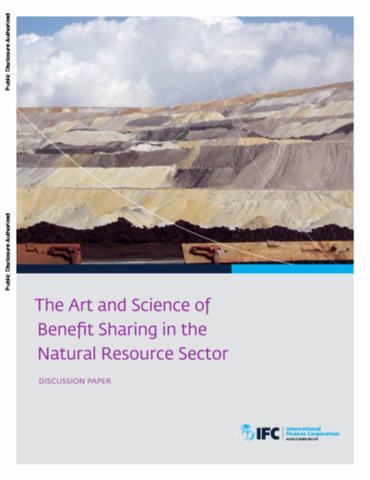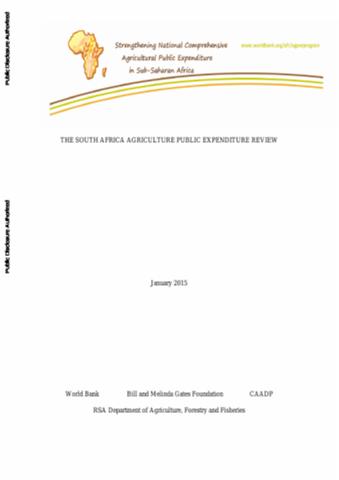Bangladesh Development Update, April 2015
This report highlights recent economic
updates in Bangladesh as of April 2015. Economic growth in
Bangladesh was gaining momentum in the first half of FY15.
Capacity utilization improved and investments were showing
some signs of recovery. This growth was also job-friendly.
The 12-monthly-moving average inflation decelerated from 7.6
percent in February 2014 to 6.8 percent in February 2015.
The resilience of the Bangladesh economy continues to be




